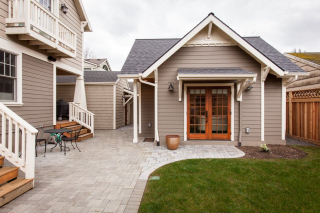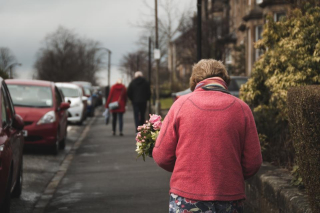 If you haven’t been saving for retirement, maybe you’ll do better if you are focused on saving for assisted living. One well known survey, 2017 Genworth Cost of Care Survey, reports that you’ll need $1,517 a month for adult day health care. Those fees are only going in one direction—up!
If you haven’t been saving for retirement, maybe you’ll do better if you are focused on saving for assisted living. One well known survey, 2017 Genworth Cost of Care Survey, reports that you’ll need $1,517 a month for adult day health care. Those fees are only going in one direction—up!
Adult health day care is not inexpensive in our country. If all you need is adult day health care, consider yourself lucky. It’s a bargain at more than $1500 a month, compared to $3,750 for an assisted living facility, $3,994 for home care services, and $4,099 for home health aides.
If you want some privacy, the median cost is $7,148 for a semiprivate room at a nursing home and $8,121 for a private room. Will you be able afford it? Wealth Advisor poses this question in its recent article, “Have Clients Planned For Long-Term Care?”
 Houston Estate Planning and Elder Law Attorney Blog
Houston Estate Planning and Elder Law Attorney Blog









